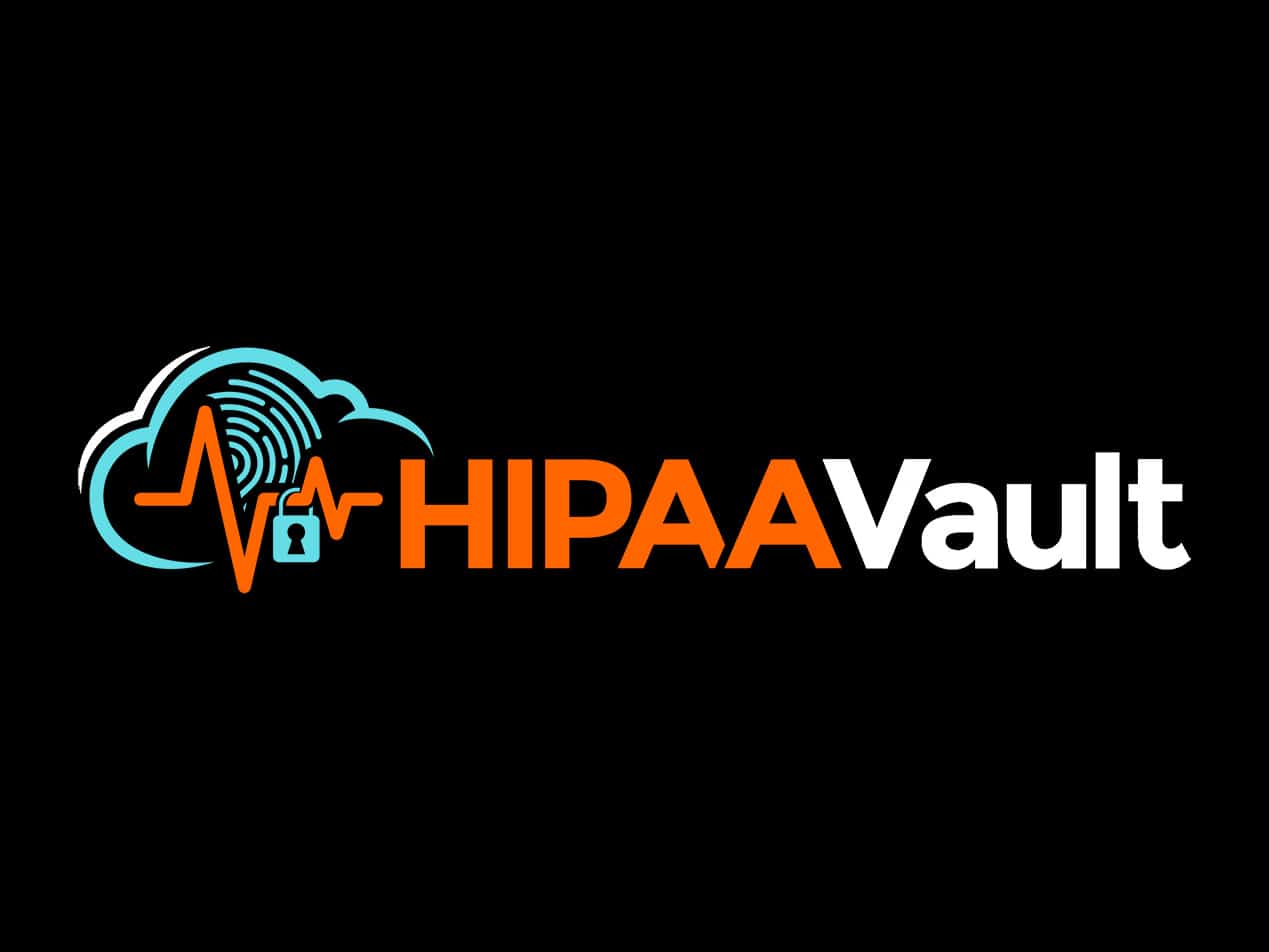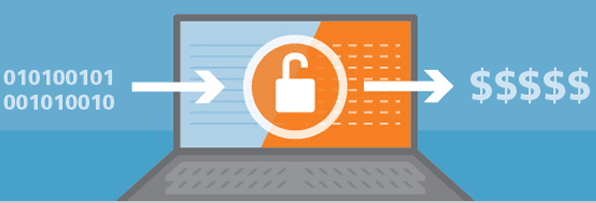3 min read
How HIPAA defines 'reasonably anticipated, impermissible uses or disclosures'
Farah Amod
October 25, 2024

HIPAA's 'reasonably anticipated, impermissible uses or disclosures' is a concept integral to the protection of patient health information. While the law does not offer a specific legal definition, it emphasizes a risk-based approach, requiring covered entities to assess potential risks and vulnerabilities and take reasonable measures to safeguard protected health information.
Understanding HIPAA's fundamental principles
HIPAA comprises of two main rules: the Privacy Rule and the Security Rule.
The Privacy Rule regulates the use and disclosure of PHI. It sets the standards for when healthcare providers, health plans, and their business associates may access and share PHI without patient authorization. It also establishes the rights of patients regarding their health information. The Security Rule, on the other hand, focuses on the security and protection of electronic PHI (ePHI) by mandating security safeguards, policies, and procedures to prevent unauthorized access and data breaches.
See also: The differences between HIPAA's Privacy Rule and Security Rule
'Reasonably anticipated, impermissible uses or disclosures' in HIPAA
HIPAA does not offer a precise definition of 'reasonably anticipated, impermissible uses or disclosures.' Instead, it lays down the framework within which covered entities and their business associates must safeguard PHI. This concept essentially refers to potential situations where the inappropriate use or sharing of PHI could occur and expects covered entities to take measures to prevent such occurrences.
HIPAA emphasizes a risk-based approach. It requires covered entities to evaluate their specific circumstances, conduct a risk assessment, and take reasonable precautions to protect PHI from unauthorized access or disclosure. While the law doesn't define this term explicitly, it provides guidelines for compliance.
Considerations for covered entities
Risk assessment
Covered entities must perform a risk assessment to identify potential vulnerabilities and threats to the confidentiality, integrity, and availability of PHI within their operations.
Safeguards
Based on the risk assessment, covered entities are expected to implement administrative, technical, and physical safeguards to secure PHI. These safeguards include encryption, access controls, audit trails, and employee training.
Employee training and awareness
Covered entities should ensure that their workforce is well-informed about HIPAA requirements and understands their responsibilities in safeguarding PHI.
Monitoring and auditing
Regular monitoring and auditing of systems and activities related to PHI are essential to detect and promptly address impermissible uses or disclosures. An effective monitoring system can provide insights into potential breaches or unauthorized access.
Incident response and reporting
Covered entities need well-defined procedures for responding to and reporting PHI breaches or incidents. HIPAA mandates notifying affected individuals, the Department of Health and Human Services (HHS), and, in certain cases, the media, depending on the scale and nature of the breach.
See also: How to inform patients of a HIPAA breach
The evolving nature of compliance
'Reasonably anticipated, impermissible uses or disclosures' are not static concepts. They evolve due to changes in technology, regulations, and threats to data security. Covered entities must adapt and stay current with best practices and emerging risks.
Cybersecurity threats and the increased digitization of healthcare records have prompted the need for more robust safeguards and more vigilant monitoring. HIPAA compliance today involves not only protecting physical records but also securing electronic data and addressing the challenges posed by remote work, mobile devices, and cloud storage.
The HHS breakdown
“The Security Rule requires covered entities to maintain reasonable and appropriate administrative, technical, and physical safeguards for protecting e-PHI.
Specifically, covered entities must:
- Ensure the confidentiality, integrity, and availability of all e-PHI they create, receive, maintain or transmit;
- Identify and protect against reasonably anticipated threats to the security or integrity of the information;
- Protect against reasonably anticipated, impermissible uses or disclosures; and
- Ensure compliance by their workforce.”
FAQs
What does "reasonably anticipated, impermissible uses or disclosures" mean under HIPAA?
This refers to situations where a covered entity can predict that unauthorized access, use, or sharing of protected health information (PHI) might occur, even if such incidents have not yet happened.
How does HIPAA require organizations to address reasonably anticipated, impermissible uses or disclosures?
HIPAA mandates that covered entities implement safeguards, such as administrative, physical, and technical measures, to prevent or mitigate these risks to PHI.
Can you provide examples of reasonably anticipated, impermissible uses or disclosures?
Examples include leaving patient records in an unsecured area, sharing PHI through unencrypted emails, or failing to properly dispose of PHI.
What are the consequences of failing to address reasonably anticipated, impermissible uses or disclosures?
Organizations that neglect these risks may face HIPAA violations, which can result in significant fines and damage to their reputation.
How can covered entities assess whether a use or disclosure is reasonably anticipated?
Covered entities should regularly conduct risk assessments to identify potential vulnerabilities and take steps to address them before they lead to unauthorized access or sharing of PHI.
See also: HIPAA Compliant Email: The Definitive Guide
Subscribe to Paubox Weekly
Every Friday we bring you the most important news from Paubox. Our aim is to make you smarter, faster.




